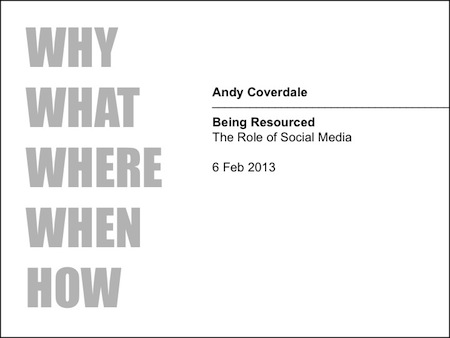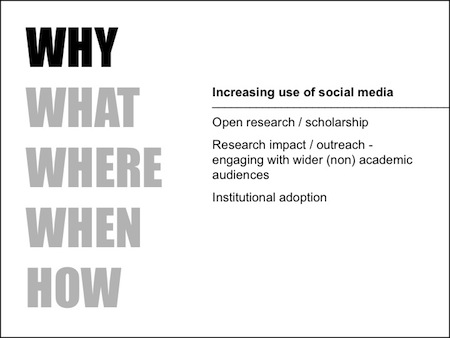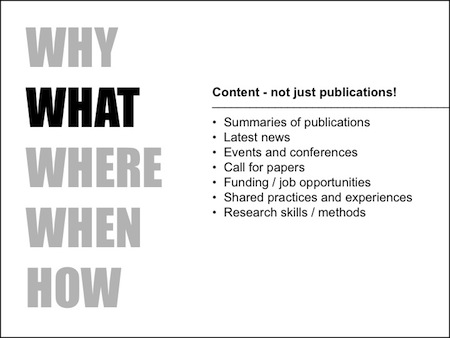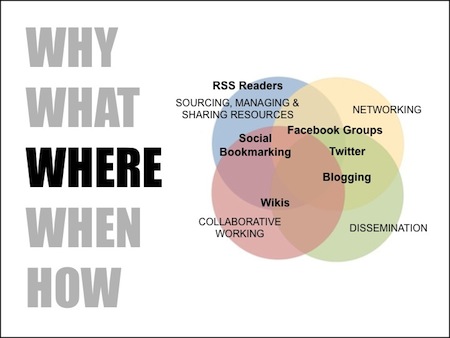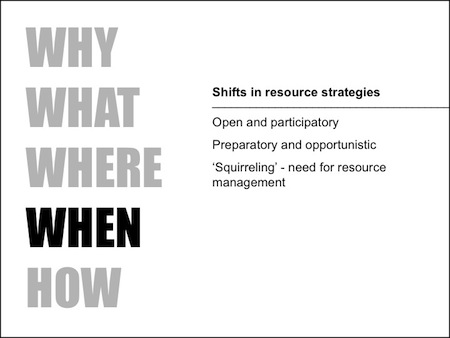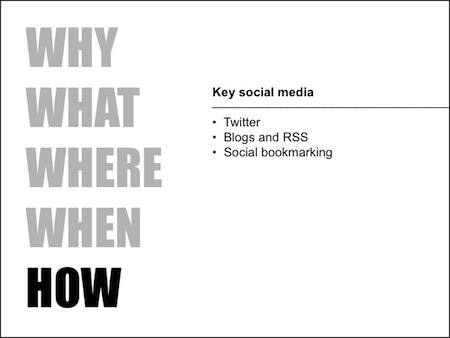The Research Practices 2.0 one-day event is fast approaching on Saturday 29th October. This is the culmination of the project and internship programme that developed out of the Graduate Centre workshop sessions I conducted with LeRoy Hill. It also compliments a web resource (to be located on the University of Nottingham Graduate School site), which we will be launching at the event.
In addition to me, Claire Mann and Emily Buchnea from the project team, we are delighted to have @WarrenPearce, @jennifermjones, @mark_carrigan and Kat Gupta (@mixosaurus) helping facilitate the event. Most of them contributed to the video interviews we conducted, which will constitute a significant part of the web resource.
We had a meeting yesterday to finalise a collaboratively-designed workshop session that we will be running in the morning across four groups. Later in the afternoon, me, Mark and Jen will be leading three separate sessions focused on more specific practice contexts. In addition, there will be opportunities for attendees to use a ‘drop-in’ IT clinic and to view the videos. We are looking at filming the plenary sessions for later inclusion on the web resource.
It was good to see the 100 places taken up within a week or so of publicising the event. We have a considerable number on a reserve list that we’d love to accommodate, but many more would compromise the interactivity of the sessions.
We wanted the event to be as inclusive as possible so it’s particularly satisfying to see attendees from across the disciplines. And whilst this project has been developed primarily for the University of Nottingham doctoral community, it was always our intention to make both the web resource and the event accessible to external PhD students and researchers. So it’s great we have a good representation from a number of other (primarily East Midlands) universities.
Pitching events like this is difficult. People will come with a range of experiences, competences and perspectives on social media, and different assumptions and expectations of the event. We hope to be responsive and collaborative by creating an informal and interactive environment for discussion and an opportunity to listen to and share experiences of using social media.
I’ll be blogging more on this, before and after the event, in the next few weeks.
